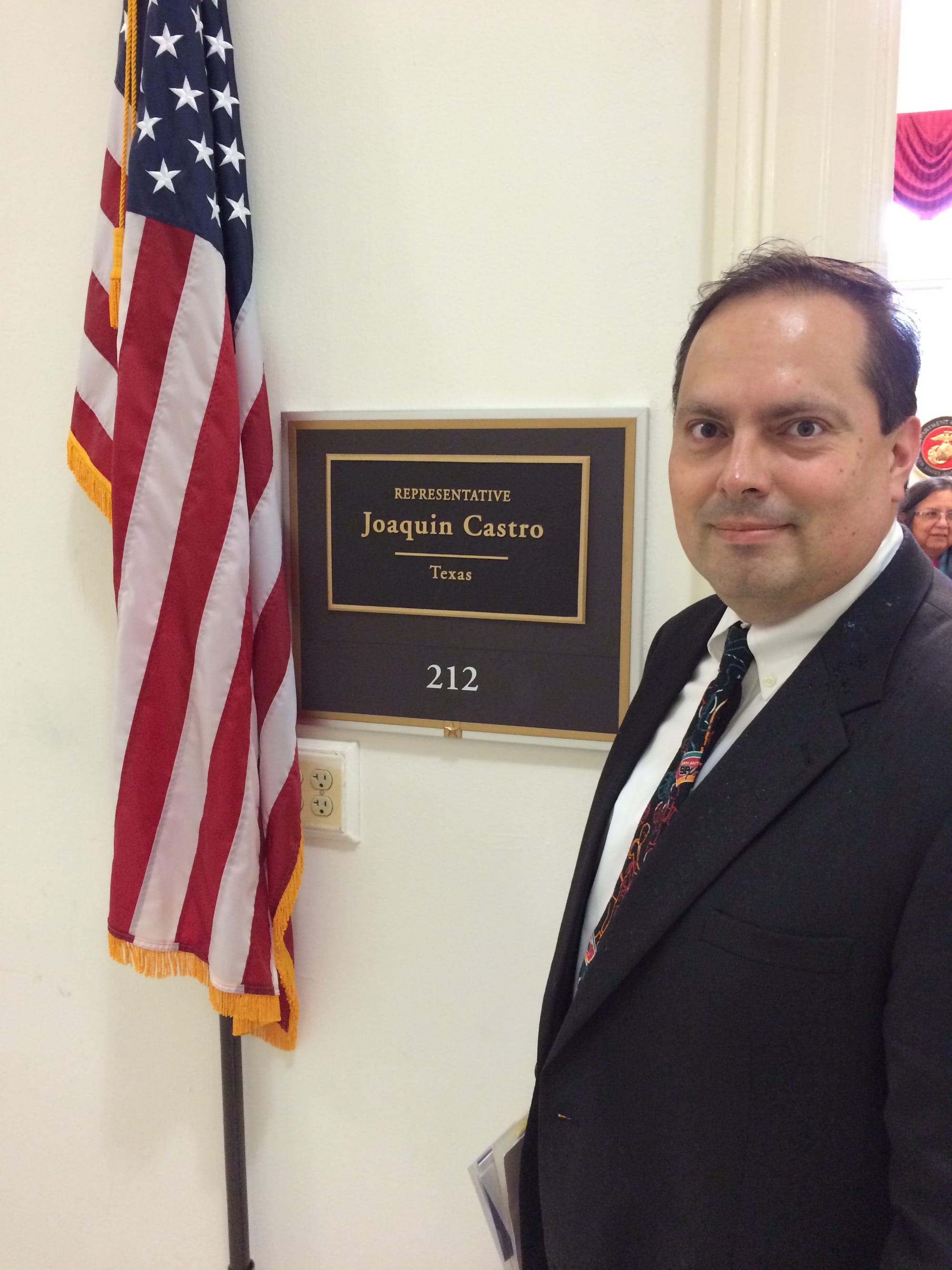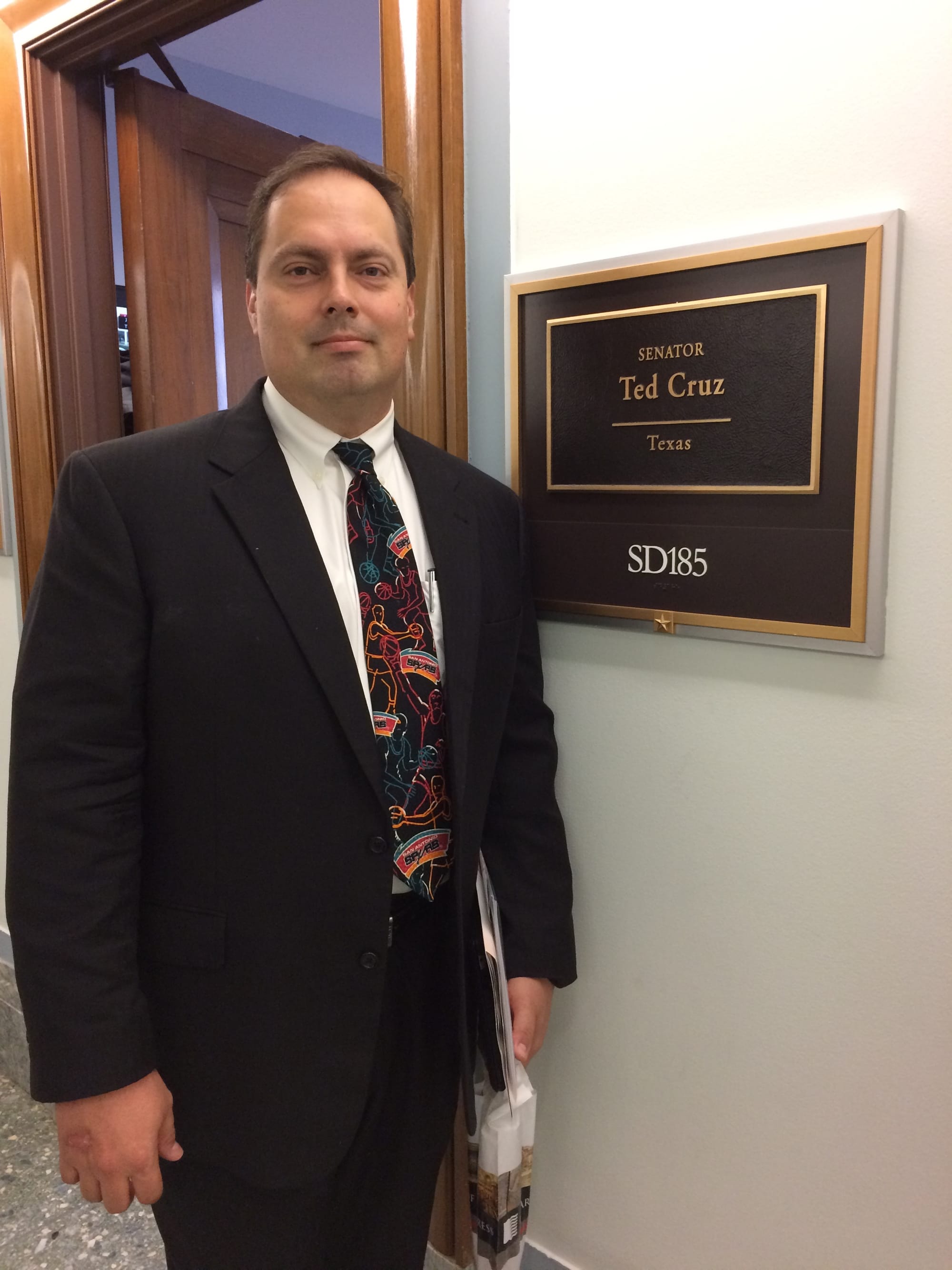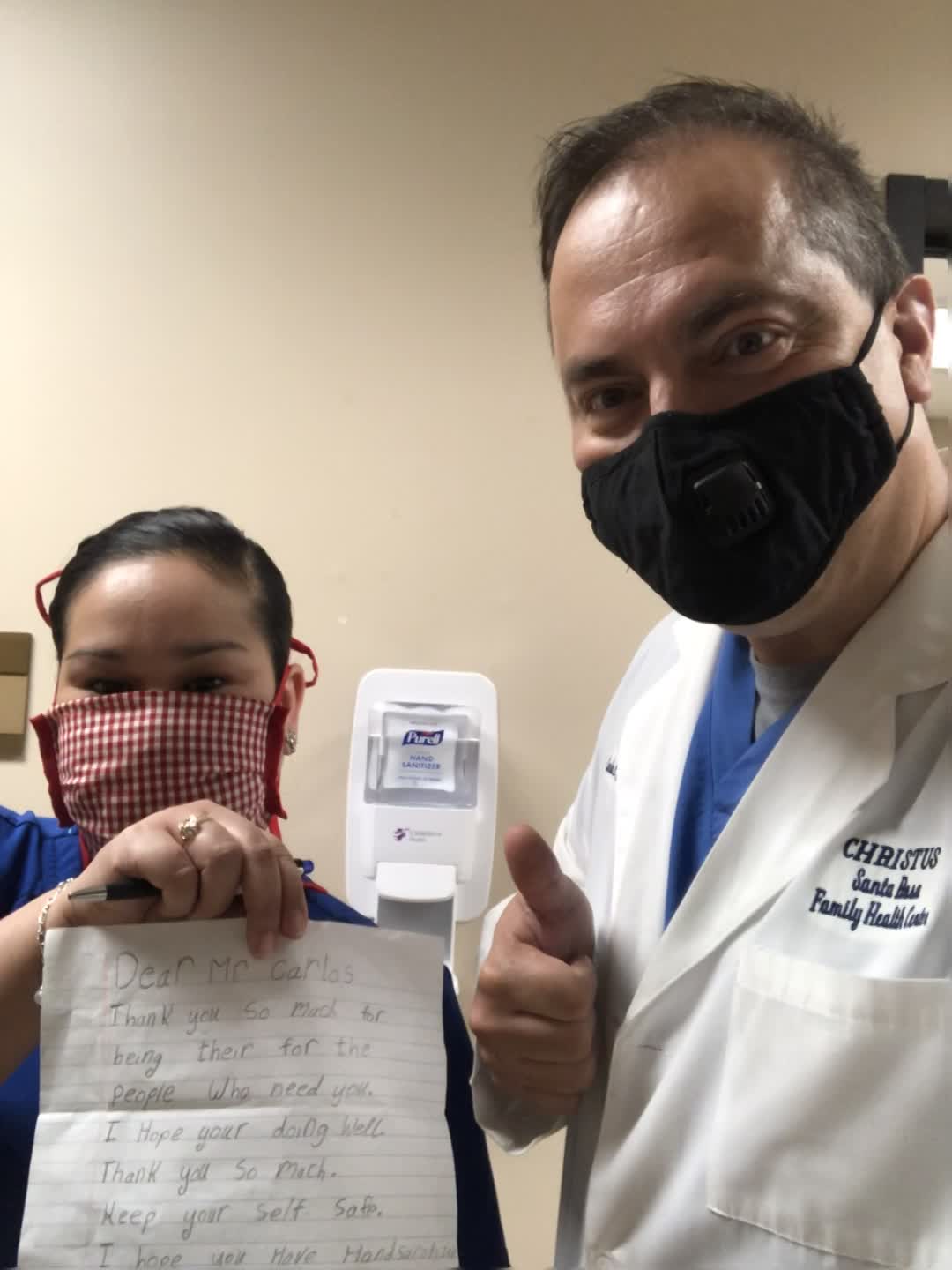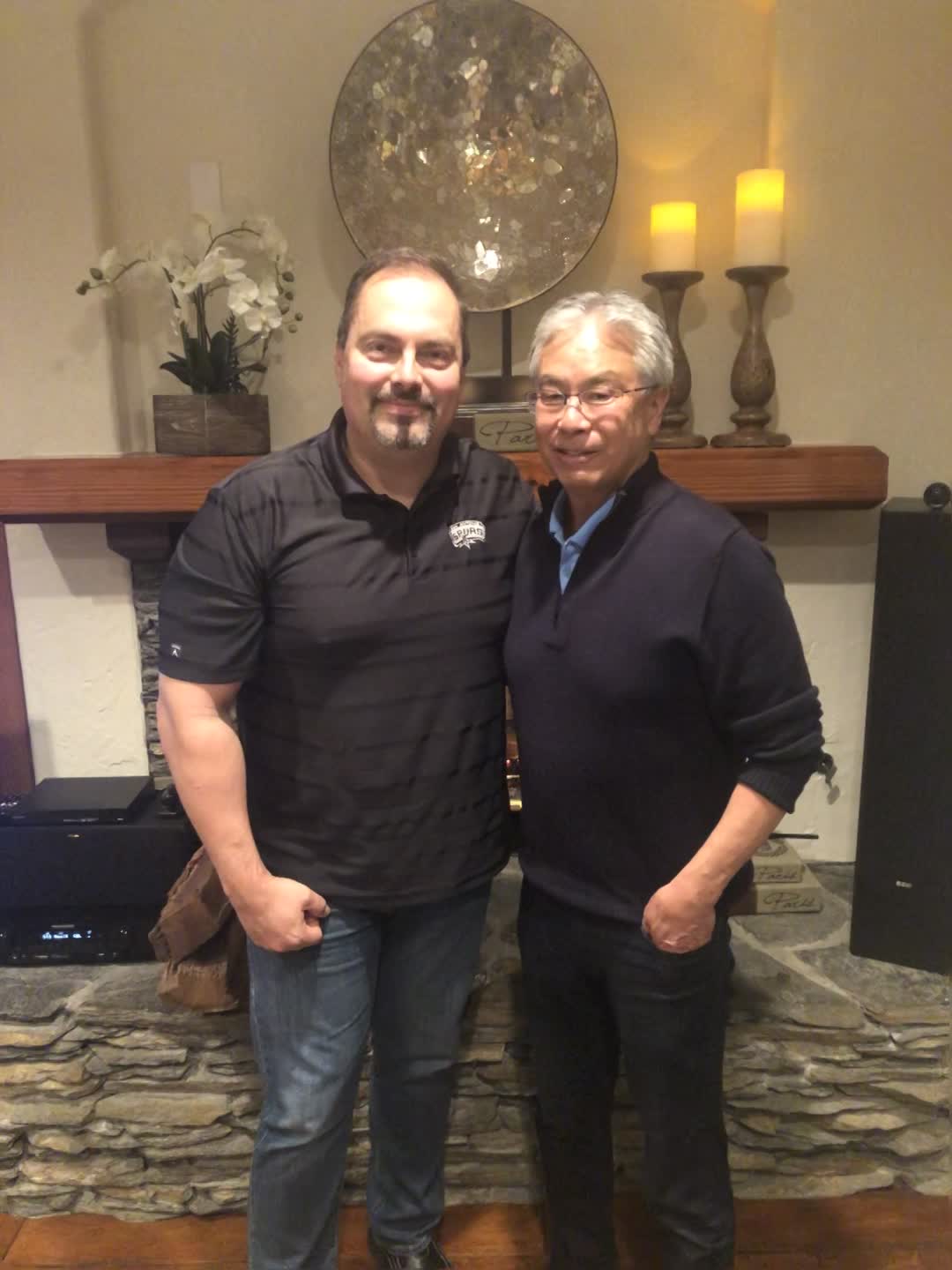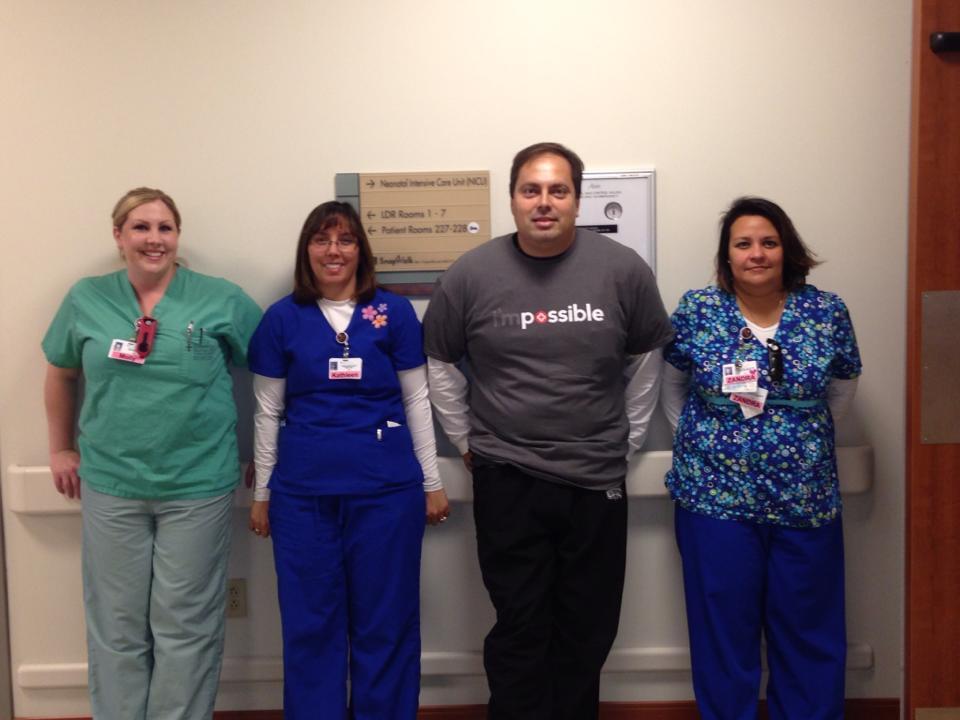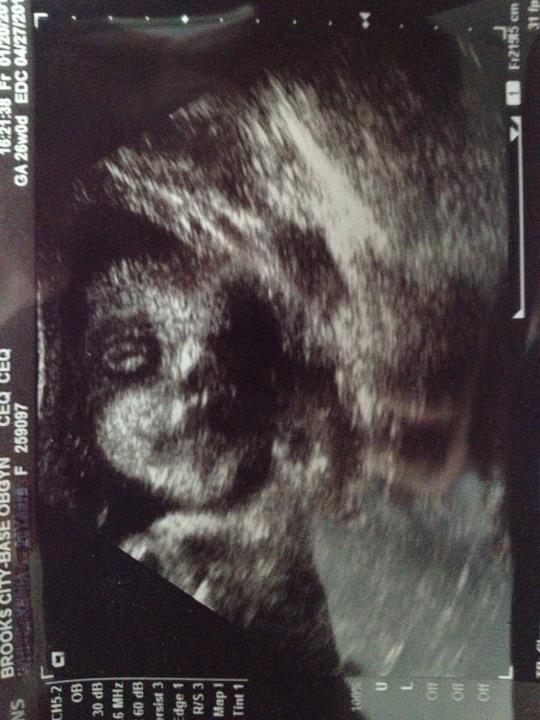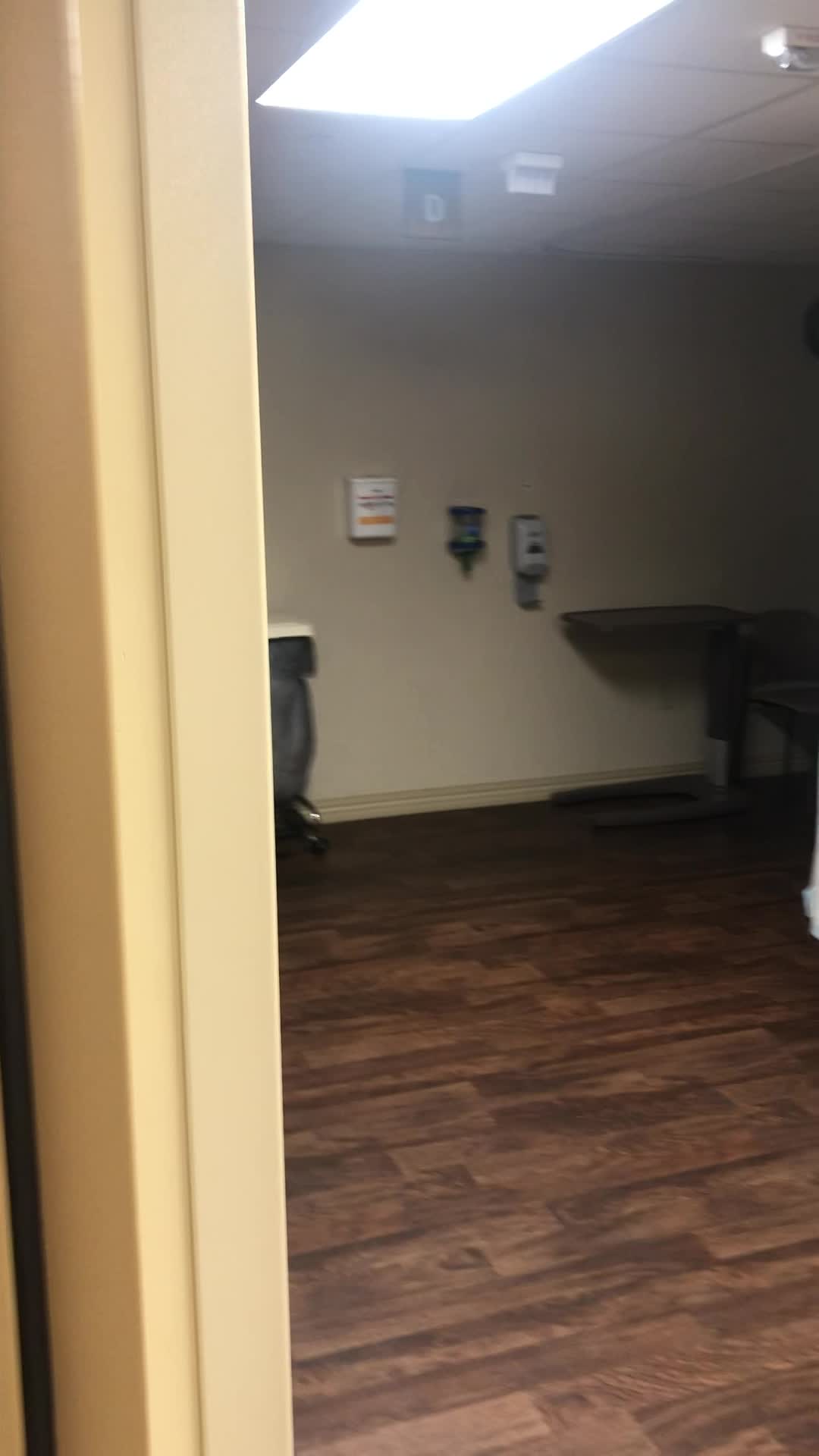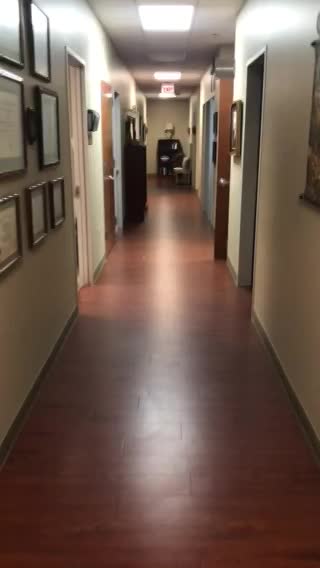Central Texas OBGYN leader in Women's Health and Well being
A OBGYN healer in Defense Health Agency/Army Medicine/Central Texas providing state of the art, cutting edge, evidenced based women's health care medicine with care and compassion
Meet Dr. Quezada
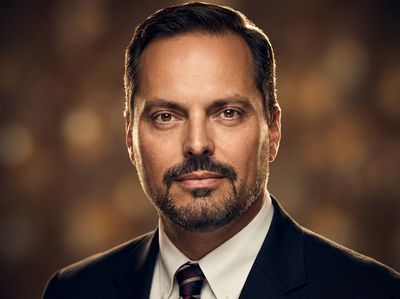
Dr. Carlos E Quezada,
FACOG, MIGS-FPD, MSCP
Board-Certified ObGyn in Central Texas
Welcome to the home page of Dr. Carlos Enrique Quezada, newest addition to the wonderful family of staff, physicians and midwives at the Women's Health Clinic at Ft Hood, Texas. He has more than 27 years’ experience caring for and treating women for health care issues of all kinds. He specializes in obstetrics, gynecological care, minimally invasive gynecological surgery, infertility, and hormone replacement therapy. He is a minimally invasive gyn surgeon and Menopausal Society Certified Practitioner in Central Texas. Dr. Quezada is a leader in robotic surgery for multiple female pelvic issues, including pelvic pain syndromes, incontinence and pelvic organ prolapse and reconstruction.Dr. Quezada can best be summed up as a combination of innovative cutting edge big city surgery with a small town, country music loving, small town kid, dedicated U.S. Navy veteran, Texas proud patriot, a father, brother, husband with a splash of Latin flare.
Carlos was born in Laredo, Texas and moved to San Antonio with his adopted grandparents at age 4. He quickly learned to be a devoted San Antonio Spurs fan after watching his first game at Hemisfair Arena. He attended school at South San West Campus, then moved on to Palo Alto College where he became president of the Alpha Theta Pi honor society. He graduated from the University of Texas at San Antonio with Bachelor of Science and was a member of the Pre-Med Honor Society. He attended the University of Texas Health Science Center at San Antonio under a full scholarship from the U.S. Navy and received his Doctorate of Medicine degree. He founded the Military Medical Honor Society in medical school. He joined the United States Navy where he also completed a residency in Obstetrics and Gynecology at Naval Medical Center San Diego in 2003. He returned back to his home, Texas after serving 12 years across the world. He practiced in San Antonio, Texas
In total, he spent 16 years with the U.S Navy, having been stationed in Europe, Asia and throughout the United States. He left active duty service as a Lieutenant Commander (LCDR) and returned home to take care of his hometown folk. He is a fellow of the American College of Obstetrics & Gynecology, (board certified OBGYN). He was a member of the Texas Medical Association, American College of Obstetrics & Gynecology (ACOG), Bexar County Medical Society, & Mexican American Hispanic Physicians Association. He served as the Secretary-Treasurer for Section V, District XI for ACOG representing San Antonio in advocating women's health issues.
After a long search, Dr. Quezada and his wife briefly moved to East Texas to Longview. He attempted to make a home there and was blessed to have made many friends and new family. He attempted to bring state of the art medicine, narcotic free surgery and latest advances to the communities within East Texas but quickly realized innovation, patient safety and autonomy and racism free medicine are not welcome in East Texas. He sought long and hard to find a new home and was able to find a community which he loved best, taking care of our soldiers and their families in a military and patriotic centered community like the one found in Ft Hood.
Dr. Quezada received his board certification from the American Board of Obstetrics & Gynecology, and he is a fellow of the American College of Obstetricians and Gynecologists (ACOG). Dr. Quezada has held numerous medical and academic appointments, including as Chief of Obstetrics & Gynecology at Naval Hospital Bremerton Washington. He was also Adjunct Faculty for the Family Medicine program at Naval Medical Center Bremerton in Washington State and Christus Santa Rosa Family Medical Center in San Antonio, Texas. He also was adjunct faculty for the Obstetrics and Gynecology residency at University Hospital San Antonio.
American Board of Ostetrics & Gynecology certified since 2005
American Board of Obstetrics & Gynecology- (MIGS-FPD) Minimally Invasive Gynecologic Surgery-Focus Practice Designation
Menopausal Society Certified Practitioner (MSCP)
He is fluent in English, Spanish, and some Italian.
Awards
Berlix Best Teaching Award 2001Current Professional Memberships
American College of Obstetrics and Gynecology American Institute of Ultrasound Medicine
Texas Medical Association
GLP-1 use for treatment of PCOS
Neurotropic medications to treat PTSD caused by sexual assault
Dr. Quezada has created this website with the support and collection of data from many colleagues and support staff. This is a non-for-profit endeavor to help provide apolitical, up-to-date knowledge about women's health for women. He wants a free and reliable repository of data available to ALL women to help guide them on their journey to good health, motherhood or advancing age. Without the many people and friends in his life, this website would not be possible.Research Interests
Radiofrequency ablation technology in treating AdenomyosisNeurotropic medications to treat PTSD caused by sexual assault
In the News
Do you want to know more about obstetrician and gynecologist Dr. Carlos E Quezada or the women’s medical care he provides, minimally invasive surgical techniques including vNOTES or robotic-assisted surgery?
Dr. Quezada's Specialities
FP3 Center of Excellence
FIBROIDS
Fibroids (medical term is Leiomyoma) are smooth muscle cell tumors of the uterus that can grow in various places within the uterine body or cervix. They vary in size and location and can be asymptomatic or lead to symptoms that include: bloating, heavy menstrual cycles, increased abdominal girth (can't fit into my jeans like a I used to), pelvic pressure, back pain, leg pain, pain with sex, constipation, urge to pee and/or poo all the time, infertility or recurrent pregnancy losses. Some women can have a few or all of the above symptoms. Unfortunately most women don't find out they have these issues early enough before they create a BIG problem. Fortunately the risk of malignancy (Leiomyosarcoma is only 1:374 to 1:000 women.
All too often fibroids can be missed unless an experienced OBGYN knows how to look for them through questions, physical exam and/or ultrasound. Even when discovered patient are offered very little options, typically nothing, birth control or hysterectomy. At times, even the hysterectomy is via an archaic open approach. Women of color especially black women are disproportionately afflicted with fibroids and more often than not only given options of hysterectomy disregarding if they've completed childbirth or not .
Dr. Quezada is a leader in diagnosis and treatment of fibroids. He offers a full spectrum approach for treatment. He can inform you of dietary supplements offered to help reduce growth. He can introduce you to medical therapies recently approved by the FDA for treatment of fibroids. These medications are new take on an old strategy, to affect and regulate the communication between the pituitary gland and the ovaries/uterus using novel medications call GnRH (Gonadotropin Releasing Hormones both agonist (binds to) or antagonist (block receptor). The oral form of these medications include Oriahnn or MyFembree, which can be used for at least 1 to 2 years to control symptoms from fibroids like bleeding. An older and still effective drug in this class is Luprolide acetate (Depo Lupron) that can be dose monthly, every three months for up to 1 year. He can introduce you to minimally invasive techniques such as Uterine Artery embolization offered by his Interventional Radiology colleagues. Dr. Quezada also offers the premier of minimally invasive techniques to remove or destroy fibroids using Hysteroscopy (for fibroids placed within the cavity, Type 0 and Type 1) or robotic assisted myomectomy for external fibroids such as Type 6, 7 and 8).
He is the leading surgeon in the United States that offered Radiofrequency ablation of fibroids using the Acessa technique, only offered by doctors in Houston or Metroplex. He also combines Acessa with myomectomy to offer the most comprehensive way to treat a variety of fibroids without having to remove the uterus. This combination also helps to reduce the recidivism (recurrence rate) of fibroids and offers patient's a longer break from fibroids symptoms and pain. Not to forget, these procedures are minimally invasive only requiring 2-5 small keyhole type incisions and offer fast recovery to get back to your life.
He also offers minimally invasive robotic hysterectomy to remove an tumor afflicted uterus even if large in size. All of the these offerings provide real choices to women suffering from fibroids to make the choices for their body, to help incorporate their plans and desires. Even women not considering childbirth are given the full spectrum of options to choose what is best for them
PELVIC PAIN
Pelvic pain is caused by a multitude of different causes or pathologies. Fibroids can cause pain but so too can issues like ovarian cysts, ovarian masses, or adhesions. Some less frequent causes such as pelvic congestion syndrome or obturator hernias can cause pain and be very difficulty to initially diagnose. Several conditions not related to the reproductive tract can cause pain and wrongfully be treated with hysterectomy with no pain relief to be seen. These conditions like interstitial cystitis afflict the bladder or inflammatory or Irritable bowel disease afflict the gastrointestinal tract. Proper questions and open mind can help on OBGYN find the true cause of pain.
More common sources of pain include Endometriosis and Adenomyosis This is a condition where cells from the endometrial cavity (where menstrual blood or flow comes form and is a part of) can migrate to backwards through the tubes to grow on the ovary, tubes, pelvic sidewall or bowel. This can lead to pelvic pain, specifically pain several days before a menstrual cycle, pain with intercourse and is strongly associated with infertility.
This condition if very hard to treat effectively Many times women are placed on birth control pills that sometimes work or are forced into a hysterectomy. Dr. Quezada provides other options including medical therapy such as Luprolide Acetate or Elagolix if covered by insurance to treat pain from endometriosis or after surgery to prevent recurrence. He also offers minimally invasive techniques such as Robotic assisted excision or fulguration (burn) of the endometriosis. Sometime endometriosis can establish itself over very delicate structures like the ureter or bowel; this requires an experienced and delicate hand to treat the disease without harming the underlying structure. Dr. Quezada also employs Firefly technology during his surgery to identify smaller nearly microscopic endometriosis that may have been missed to the naked eye and be the cause of next year or following year recurrence of endometriosis related pain. This addition reduces the recidivism (can return) rate of endometriosis.
Adenomyosis is a form of endometriosis where the cells invade the muscle of the uterus leading to large uterus, heavy menstrual cycles and very severe cramping. This diagnosis is very hard to treat but can be aided with use of oral contraceptives, GnRH antagonists/agonists like Lupron or Elagolix and have seen promising results using Acessa in treating adenomyosis. This indication is NOT FDA approved but is a special interest of Dr. Quezada in advancing this surgical approach for adenomyosis. Hysterectomy is also another option especially if completed childbearing and seeking pain relief
PROLAPSE
Pelvic Organ Prolapse or POP is a condition where one or more parts of the reproductive tract or vagina loose structural integrity and begin to fall out of position. Depending on the location, this can universally lead to feeling vaginal pressure and/or bulge, feel something on self exam coming out of the vagina, pain with intercourse, leakage of urine with straining, laughing, coughing or sneezing. Less often symptoms such as recurrent urinary tract infections, constipation, splinting (using fingers to place pressure in or around the vaginal to allow pee or stool to come out) or in more severe forms inability to empty the bladder. The hardest part of this diagnosis is the embarrassment with having or talking about this issue and thus can be missed or not diagnosed for years, even decades. Some women, especially in Latino communities are given misinformation by other family members. Using the right questions, questionnaire and Pelvic Organ Prolapse Quantification system can help diagnose the type and severity of the prolapse.
Risks factors include age, history of pregnancy (vaginal more so than cesarean), obstructed labor, history of straining (chronic constipation or job involving heavy lifting), family history, obesity and smoking. It typically affects women in their 40s and later but can occur in their 20s. Typically patients are told to do Kegel's or start using undergarment pad but not much else. This is NOT right. Women have many options depending on the issue at hand and having an experienced surgeon to help diagnose the problem (s) can help to find the right solution. Sometimes using biofeedback for mild incontinence or Pelvic Floor Muscle Therapy (PFMT) can work. In more severe forms, a pessary can be used to correct the prolapse. Surgical options are also available including colporrhaphy, apical suspension or sacrocolpoplexy. Surgical options offer a longer lasting option to provide relief from prolapse. It may also involve use or need for hysterectomy. Some surgical options can be done vaginally or robotically but all minimally invasive. That offers less pain, quicker recovery and quicker return to your life.
No longer do women in Longview and East Texas have so suffer this alone. A little courage to speak up with your provider can help begin the path to recovery. Women of East Texas now have a resource that is not tied to the Metroplex in provider definitive and longer lasting relief of prolapse symptoms. Dr Quezada now brings these options to Longview and East Texas. Women now have an option to seek care for these issues.
https://www.facebook.com/LongviewRegionalMedicalCenter/posts/3111879119033691/?_rdr#_=_


